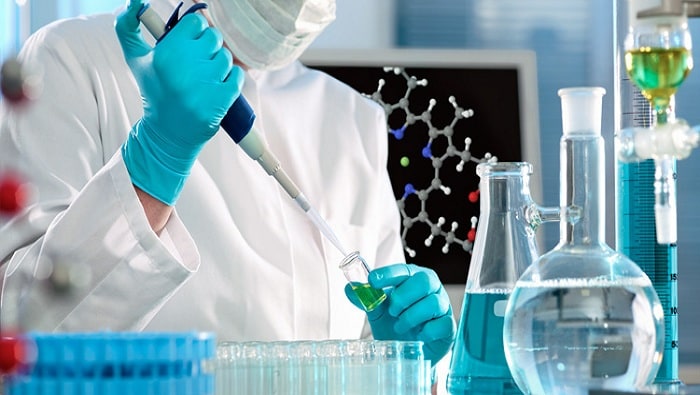Bioprocessing is a flexible process that harnesses living organisms like bacteria, yeast, and fungi to create a variety of goods. These items may include anything from edibles and drinks to medicines and industrial substances. Bioprocessing has become more popular in recent years because of its numerous advantages.
In this article, we will delve extensively into the advantages of bioprocessing.
Enhanced Quality of Product
Bioprocessing has the potential to enhance the quality of the product as well. This happens because utilizing microorganisms enables the manufacturing of uncontaminated and pure products. Furthermore, bioprocessing can generate items that are more durable and possess an extended shelf life. For instance, pharmaceuticals produced by bioprocessing can yield purer and more efficient products compared to those made using conventional techniques.
Cost Savings
Another important advantage that draws bioprocessing industries to single-use solutions is the lowered expenses. Single-use solutions are more cost-effective and easier to set up than traditional equipment, which ultimately lowers the initial capital investment. They also cut down on the time-consuming maintenance and cleaning tasks needed for traditional equipment, thereby lowering labor, material, and operating expenses. Not only do single-use solutions lower costs, but they can also boost revenue through increased productivity and output, resulting in a significant impact on a company’s profits.
Reduced Production Costs
Bioprocessing also entails reduced production expenses in contrast to conventional manufacturing methods. This is due to the fact that the raw materials utilized in bioprocessing are less expensive compared to those used in traditional techniques. Furthermore, utilizing microorganisms in bioprocessing reduces the amount of energy needed for production. This results in reduced production expenses. For instance, producing bioplastics via bioprocessing is much more cost-effective compared to traditional techniques.
High Output Production
Another advantage of bioprocessing is that it enables the production of large quantities. Utilizing microorganisms in bioprocessing enables the rapid production of large amounts of products. This happens because microorganisms multiply quickly, enabling the generation of substantial amounts of product within a brief timeframe. For instance, bioprocessing can achieve ethanol production at a yield of over 80%, while traditional methods typically achieve only around 50% yield.
Eco-friendly
One of the main advantages of bioprocessing is its positive impact on the environment. Bioprocessing utilizes natural resources instead of conventional manufacturing methods to create products. One instance is the manufacturing of industrial chemicals using conventional techniques, which relies on non-renewable fossil fuels. On the flip side, bioprocessing involves the utilization of sustainable resources like plant material, agricultural waste, and algae. Bioprocessing decreases production’s carbon footprint and pollution by using renewable resources.
Extensive Product Selection
An additional advantage of bioprocessing is its ability to create a variety of products. Bioprocessing is utilized to manufacture a wide range of products, such as food, beverages, pharmaceuticals, and industrial chemicals. The wide range of industries finds bioprocessing appealing due to its versatility.
Bottom Line
Bioprocessing is a flexible and eco-friendly procedure that provides numerous advantages. It is eco-friendly, offers high yield, reduces production expenses, enhances product quality, and is versatile when producing various products.
Moreover, bioprocessing fosters sustainability, decreases energy usage, boosts economic development, lessens reliance on fossil fuels, and spurs more research and development activities. Bioprocessing is an emerging area with the capability to transform product production methods and advance sustainability efforts.


















